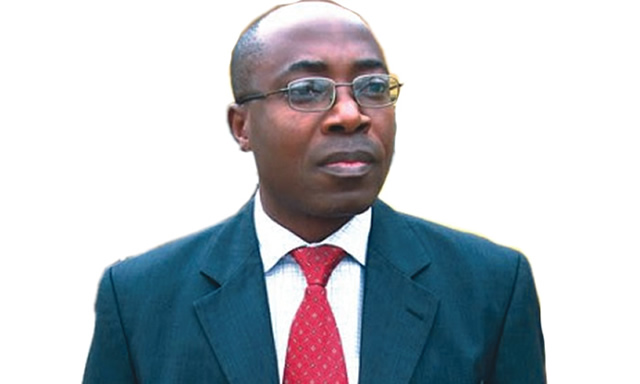
Don laments lack of good governance culture
Professor Sola Akinrinade, an expert in African international relations and history, has expressed dissatisfaction with Nigeria's state of good governance, claiming that the nation does not have an impressive track record of such practices.
The don, however, cautioned that it was too soon to pass judgement on President Bola Tinubu's current administration and urged it to give funding for higher education and the welfare of the nation's higher education staff top priority.
He made this statement on Thursday during the University of Medical Science, Ondo, Ondo State, 10th distinguished lecture, which was held on the school's campus.
"Knowledge, Governance and Sustainable Development in Nigeria: The Missing Gap" was the title of the lecture.
Akinrinade emphasised that effective governance safeguards intellectual property, fosters innovation, and increases information accessibility.
The don said, "Up until now, our nation has not had a particularly impressive track record of sound governance. It is challenging to reach a consensus when taking into account every aspect of good governance that was previously mentioned, including accountability, transparency, participation, equality and inclusivity, rule of law, and the efficacy and efficiency of governmental procedures.
"At this early stage in the current administration's tenure, we cannot make firm judgements about which way to go, but if the government is to break from previous neglect, it must prioritise funding for higher education and prioritise the welfare of both academic and non-teaching staff members." who are servicing this critical pillar of the nation’s knowledge economy framework.”
According to Akinrinnase, "Knowledge is essential for development because it enables people to participate in the social, economic, and political aspects of their society, increase productivity, and enhance their well-being."
"It provides individuals with the fundamental skills they need to contribute to society and refrain from actions that exacerbate existing social issues."
"Innovation, or the development and spread of new goods, systems, and services that can add value and boost competitiveness, is mostly driven by knowledge."
He went on to say that "if we want to move forward as a nation, we must embrace knowledge." We cannot advance while detesting knowledge.
The government was tasked with increasing funding for education, particularly in the fields of science, technology, engineering, the arts, and mathematics.
He emphasised, "A stronger education system will enable Nigerian youth to seize economic opportunities and participate actively in their own economy."
Furthermore, he asserted that the government should play a pivotal role in stimulating innovation and technological advancements by funding research and development and distributing funds according to merit.
The Vice Chancellor of UNIMED, Prof. Adesegun Fatusi, disclosed in his concluding remarks that the organisation had implemented a policy that provided funding to researchers for the purpose of conducting their research.





